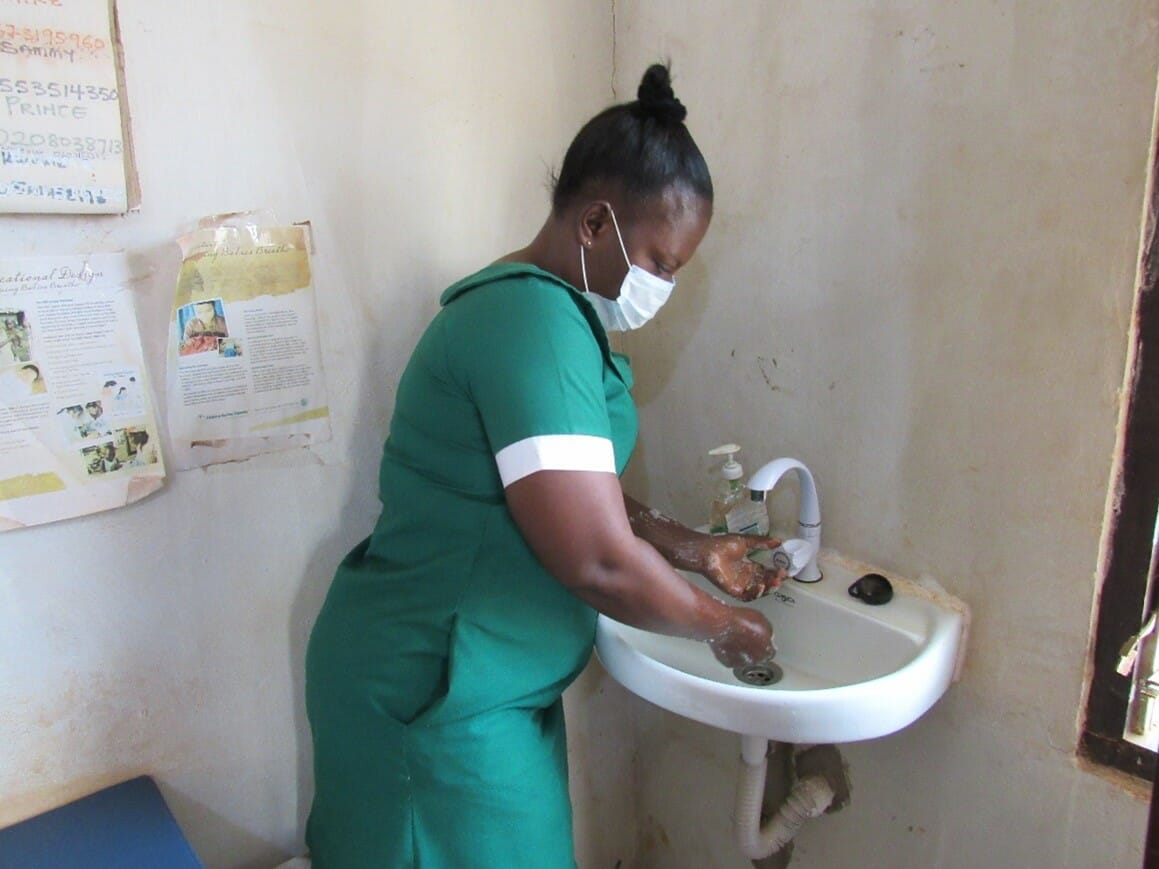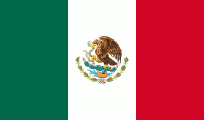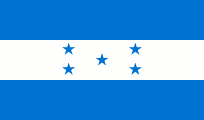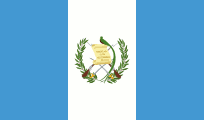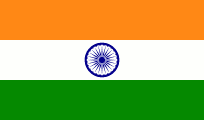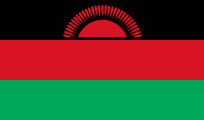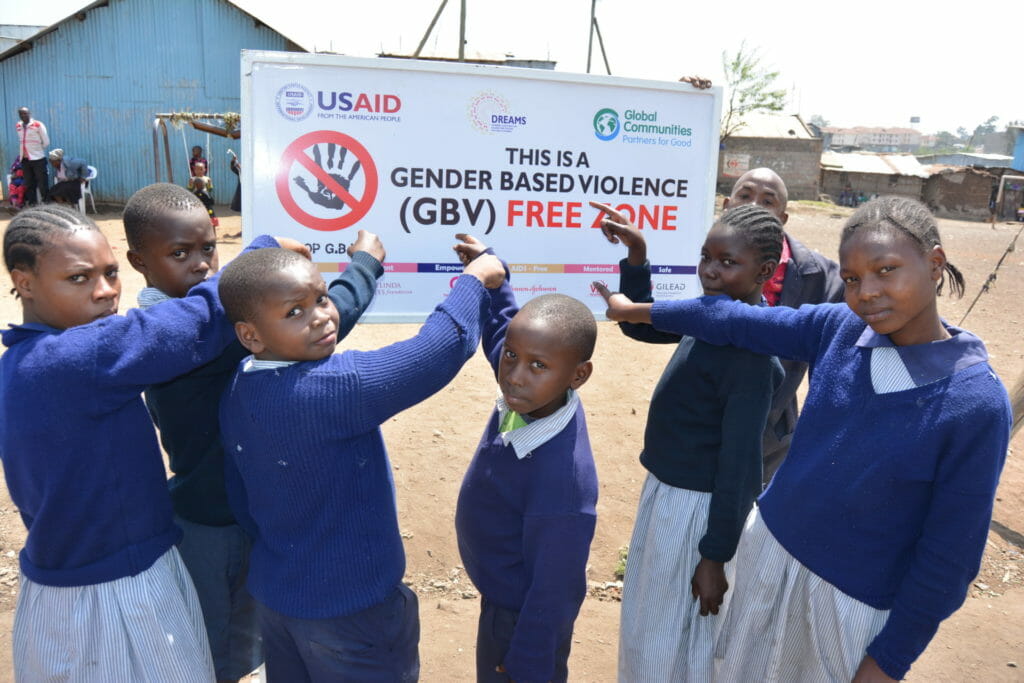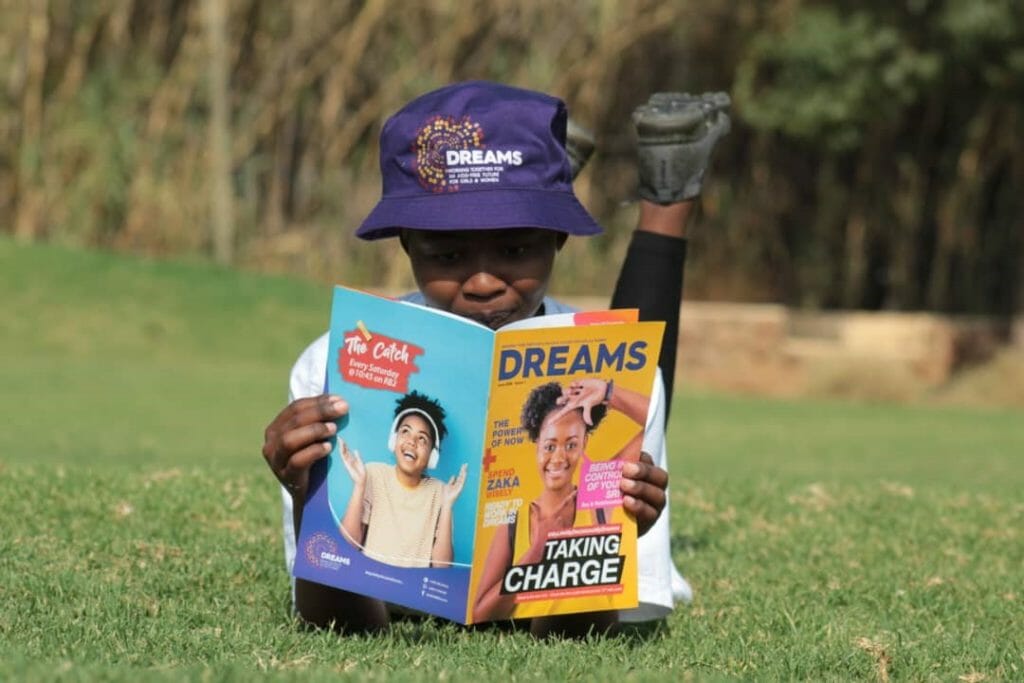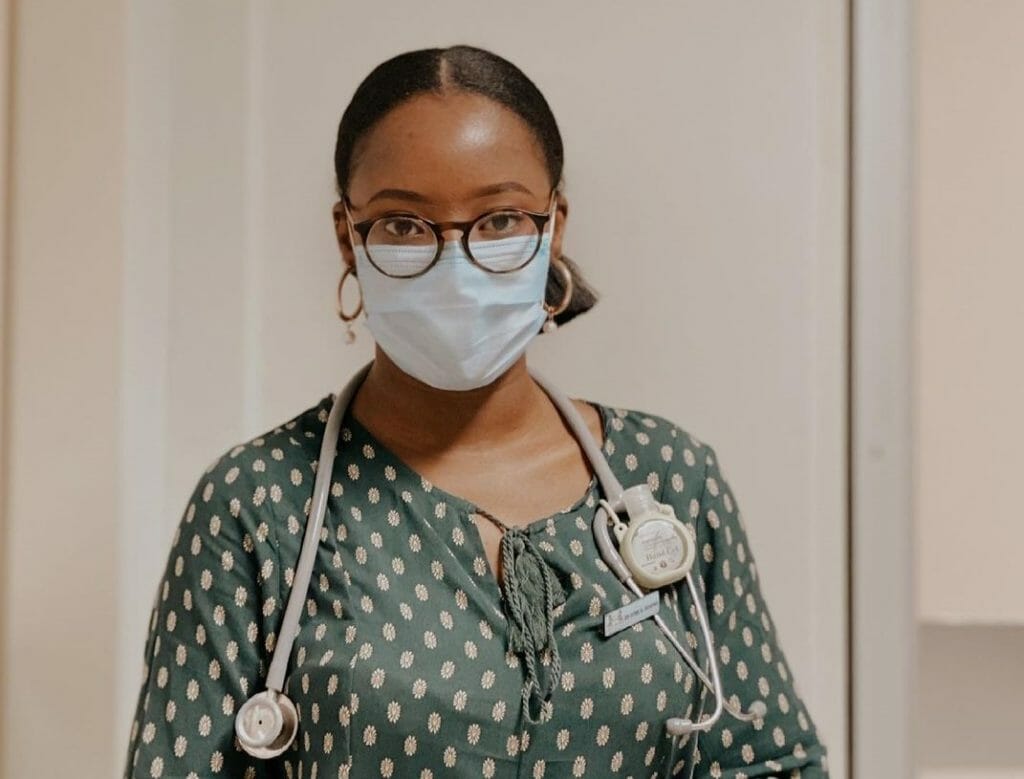The global pandemic that began in early 2020 wiped out significant gains across development indicators, including health. Major gaps in access to health care mean millions of people die unnecessarily each year from preventable yet life-threatening diseases. Emerging health challenges, including pandemics as well as urbanization and non-communicable diseases, place increasing strain on communities and health systems.
Global Communities partners with governments, the private sector, civil society and families to promote healthy lives and achieve sustained well-being among the most vulnerable populations across all ages. We provide technical assistance that strengthens community health, nutrition and water and sanitation systems and services to be more responsive to client needs and adapt to changing contexts.
We enhance health by:
- Increasing equitable access to primary health care
- Increasing access to sustainable sanitation and water supply
- Improving quality health, water, sanitation and hygiene and nutrition service delivery
- Promoting better care-seeking practices and adoption of healthier household behaviors
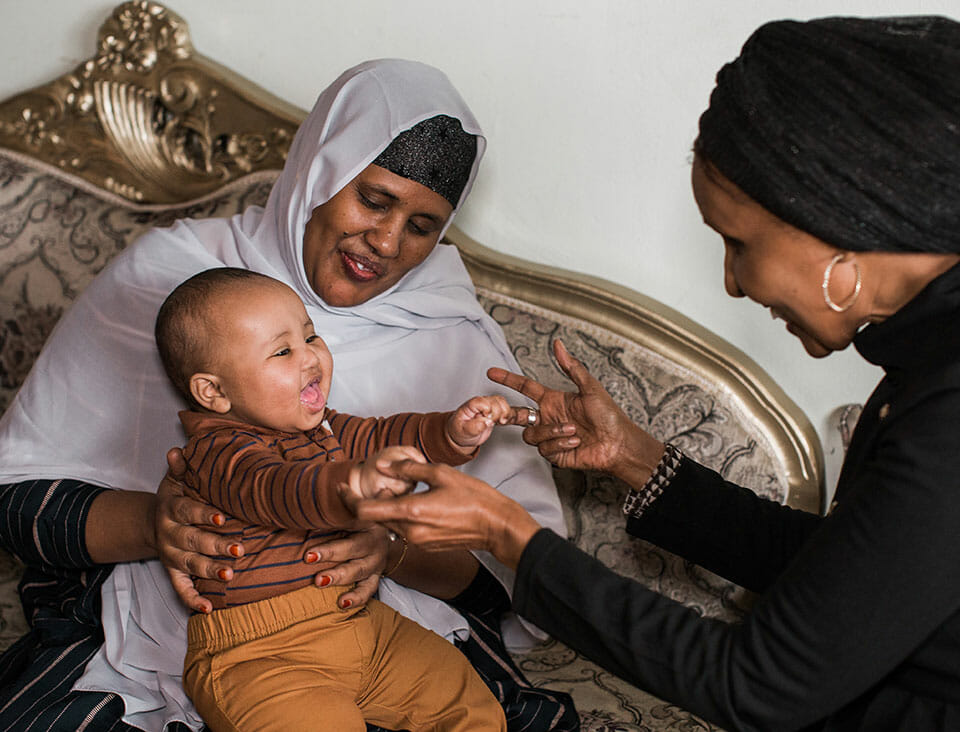
Maternal, Newborn & Child Health, Reproductive Health & Family Planning
Our maternal, newborn and child health, reproductive health and family planning programs strengthen health systems to equitably deliver high-impact interventions with quality respectful care, increase community demand for quality services, promote healthy practices, and strengthen health leadership and governance for stronger health systems.
Our community-driven and family- and person-centered strategies are grounded in and continue to evolve alongside evidence of best practices and the needs of the communities we partner with. We strive for a multi-sectoral and life-course approach through a robust primary health care system to improve health outcomes for mothers and babies.
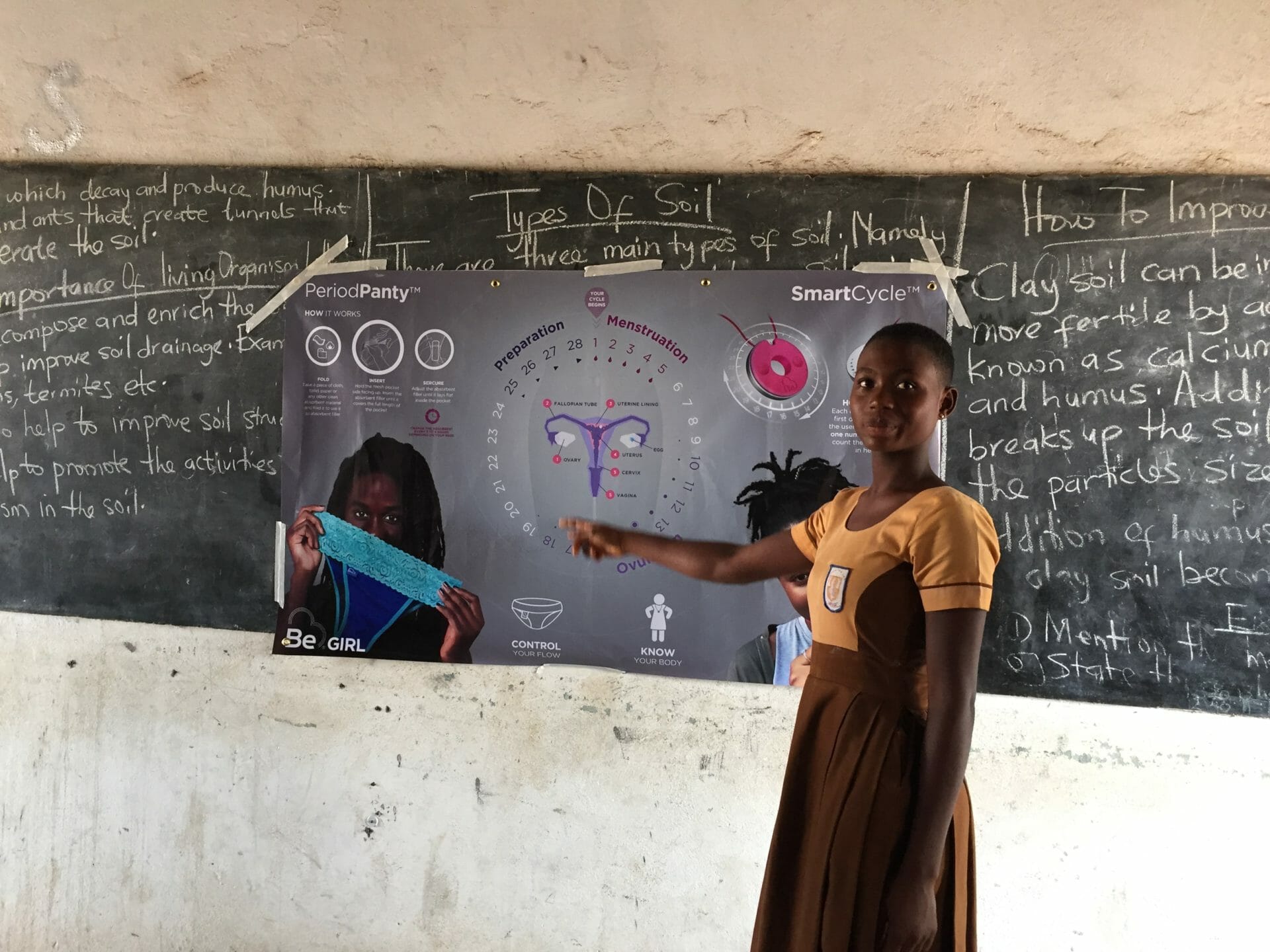
Adolescent Health
Grounded in positive youth development, our adolescent health projects help to realize the rights of adolescents by investing in their health, development and well-being to ease the transition to adulthood. Our programs reduce rates of HIV among adolescent girls, provide psychosocial support for youth in conflict-afflicted regions, support first-time parents, aim to end child marriage and support youth in continuing their education so they reach their fullest potential.
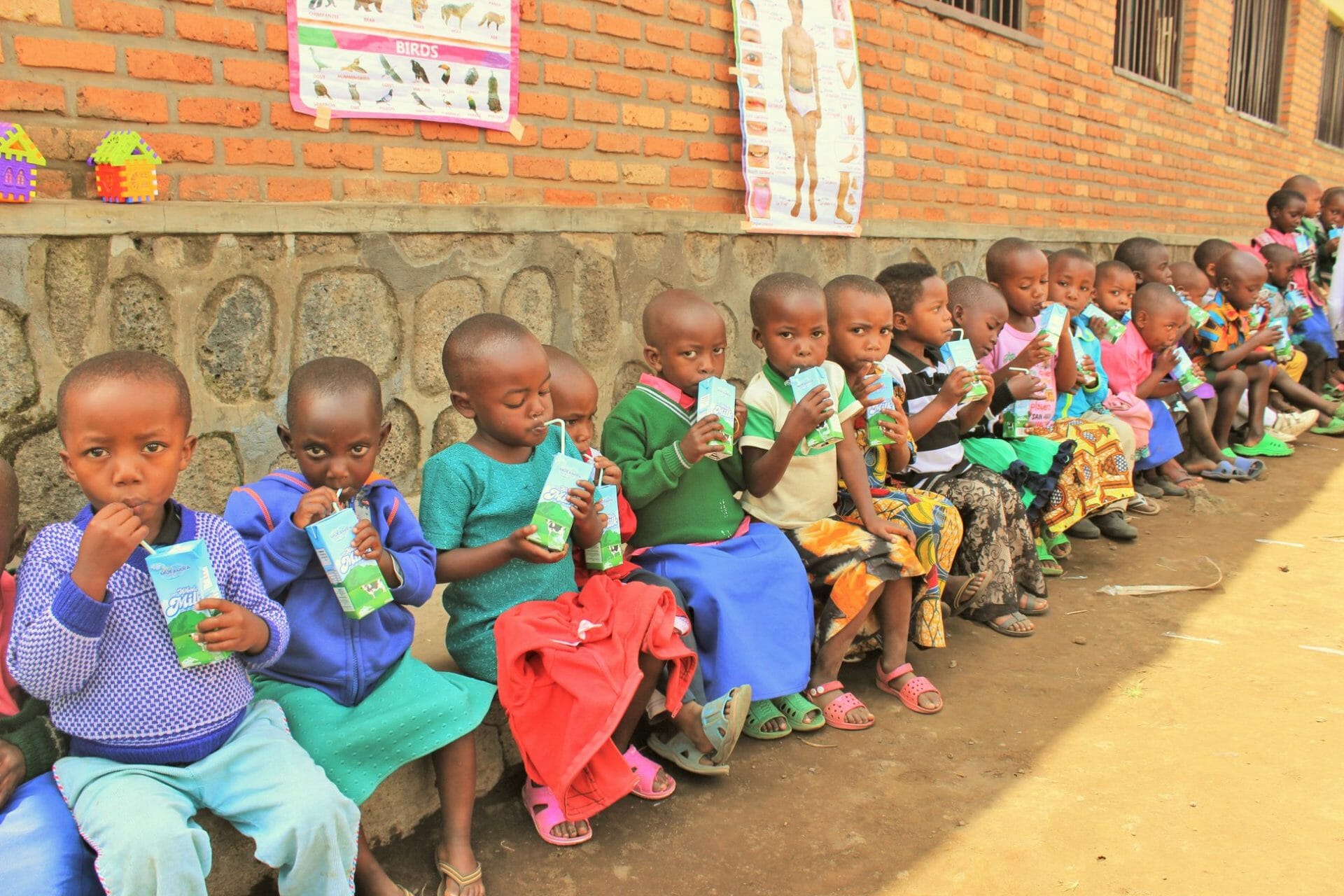
Nutrition
Our nutrition initiatives address the immediate, direct determinants of maternal and child nutrition with evidence-based approaches that are integrated or bundled with one another, tailored to the local context, and delivered through local health, food and education systems and structures.
We implement a broad range of evidence-based nutrition-sensitive interventions that indirectly impact nutrition outcomes, address underlying and systemic causes of malnutrition that influence outcomes related to food, health and care, with the potential to enhance nutrition-specific interventions' coverage and effectiveness.
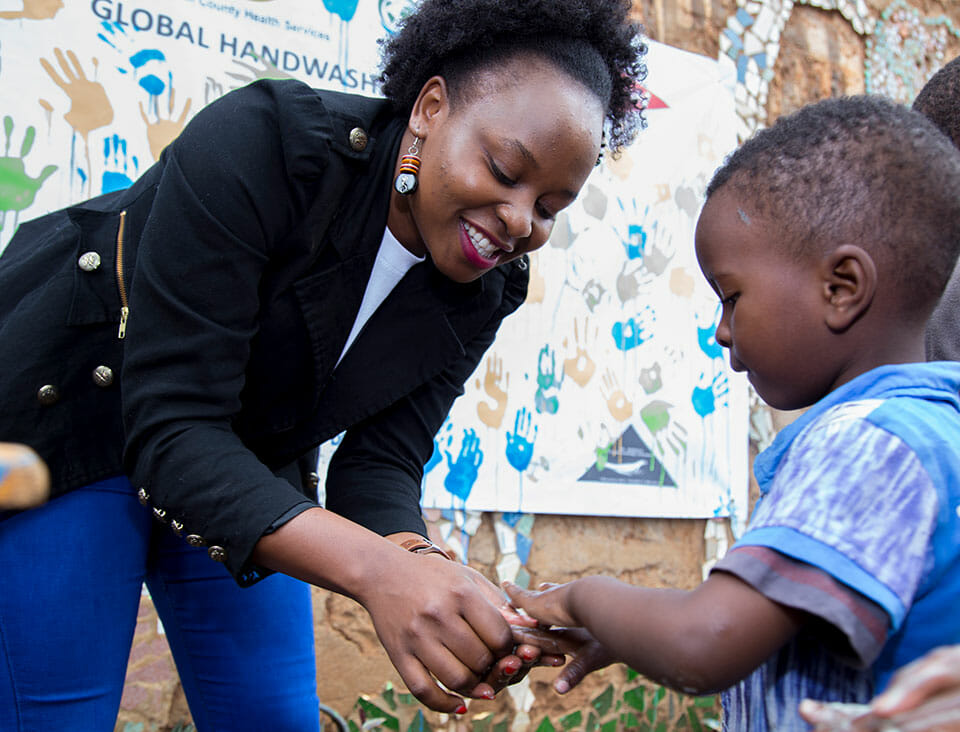
Sanitation & Hygiene
Access to clean water and safe sanitation is a matter of life and death for the hundreds of thousands of young children each year who face diarrheal diseases and long-term health consequences like stunting and undernutrition that are directly linked to open defecation. In addition, the health effects of the global COVID-19 pandemic have been further magnified for the millions of families who lack basic hand-washing facilities, soap or water at home.
We are committed to advancing the goal of universal access to clean water and sanitation. Our work includes helping build strong local systems that link communities and households to sustainable water, sanitation and hygiene (WASH) services.
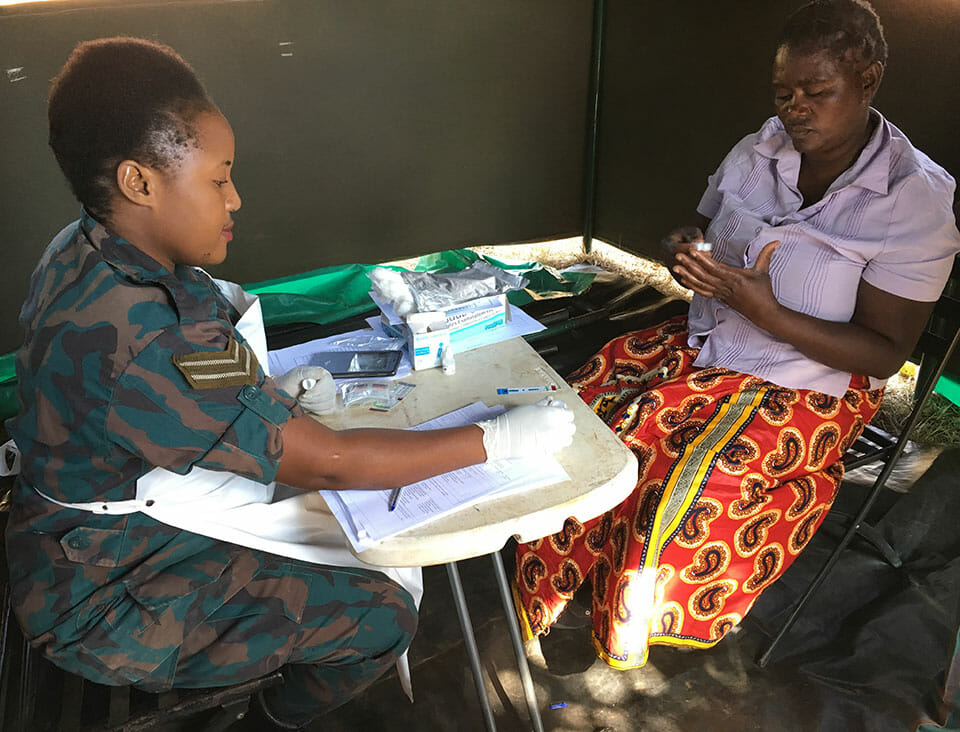
HIV/AIDS & Infectious Disease
For decades, Global Communities has been a leader in the fight against infectious diseases, including HIV/AIDS and its co-morbidities, tuberculosis, malaria, polio, Ebola and neglected tropical diseases such as Lymphatic Filariasis. We work with governments and local partners to end the HIV epidemic by expanding access to evidence-based testing, treatment, care and support.
We implement social mobilization and behavior change activities to increase the consumption of anti-filarial drugs to eliminate Lymphatic Filariasis. We also support systematic planning of health systems – or micro-planning – and capacity building of frontline health workers to help increase community acceptance of the polio vaccine.
Our work in this area reaches
Resources
Research & Publications
An Infant Carrier Intervention and Breastfeeding Duration: A Randomized Controlled Trial
Emily E. Little, PhD, CLEC, Camille C. Cioffi, PhD, Lisa Bain, MPH, Cristine H. Legare, PhD, Jennifer Hahn-Holbrook, PhD OBJECTIVES: Parent-infant skin-to-skin contact immediately after birth increases initiation and abstract duration of bodyfeeding. We hypothesized that providing ergonomic carriers to parents during pregnancy would increase the likelihood of breastfeeding and expressed human milk feeding through…
Briefs & Case Studies
Improving Key Water, Sanitation and Hygiene Practices in Ghana Through A Behavior-Led Approach
Years of effort and focus by the Government of Ghana and its partners have yielded significant improvements in the country’s child morbidity and mortality rates. Still, every year, at least 4,000 Ghanaian children die from diarrhea, and 23% experience chronic malnutrition linked to poor water and sanitation.(1) To help improve these numbers, USAID funded the…
Toolkits & Manuals
Guía Metológica para Análisis de Rumores sobre COVID-19
El abordaje metodológico y analítico sobre rumores constituye la base fundamental que proporcionará la información y resultados necesarios para la erradicación efectiva de rumores prevalentes sobre COVID-19. La presente guía describe los pasos metodológicos a seguir, tanto para el análisis de datos como para la formulación de los mensajes antirumores.
Toolkits & Manuals
Guía para el Abordaje y Recolección de Rumores sobre COVID-19
Detrás de cada rumor, hay una pregunta que requiere respuesta. Esta es una realidad que afecta a cientos de miles de personas en el mundo que perviven en contextos de alta incertidumbre, desconfianza, inseguridad y crisis. Los rumores surgen como mecanismos y recursos narrativos de las personas en este tipo de circunstancias para explicarse cosas…
Toolkits & Manuals
Guía Metodológica de Investigación Participativa para la Acción (IPA) para el Abordaje ye Seguimiento des Rumores sobre COVID-19
La Investigación Participativa para la Acción (IPA) comprende un esfuerzo metodológico singular que involucra directamente a participantes en procesos de investigación, reflexión y acción sobre asuntos apremiantes y de su interés para transformarlos. Actualmente, el COVID-19 conforma uno de estos temas que amerita suficiente atención para prevenir contagios, y con ello, la potencial pérdida de…
Briefs & Case Studies
Youth-led development of a Chatbot to Increase Early Prenatal Care Utilization in Santa Cruz County, Arizona
A TECHNICAL BRIEF on the Arizona Initiative of the Border States CoIIN The Border States Collaborative Improvement and Innovation Network (CoIIN; see inset) Arizona team sought to better understand barriers associated with the initiation of first trimester prenatal care among youth in Santa Cruz County to inform the design of innovative solutions to help overcome…

